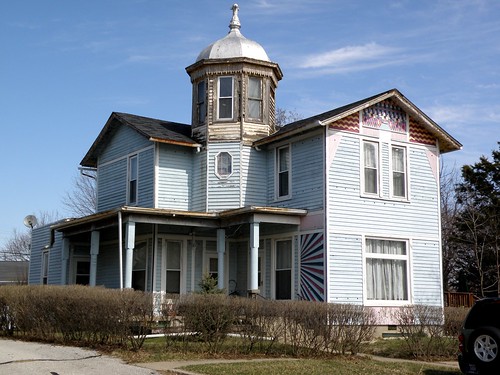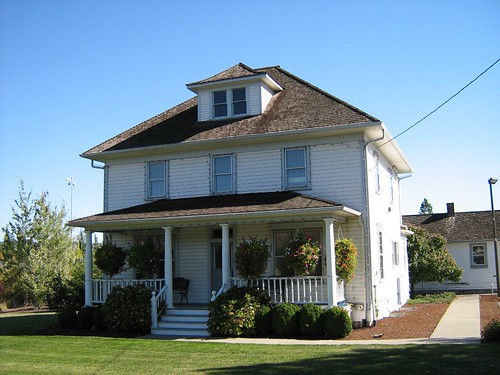 |
| Via Flickr: GottShotts |
Owning your home not only allows you to build wealth through appreciation, but it can also reduce the amount of income tax you pay every year.
Here are seven tax benefits for homeowners.
1. Homebuyer tax credits
If you purchased your first home before April 30, 2010, you're entitled to a tax credit of up to $8,000. If you currently own a home, but sold it to purchase another home before April 30, 2010, you're eligible for a federal tax credit of up to $6,500.
2. Deductions for loan fees
Typically, you can deduct the "prepaid interest" you paid when you got your mortgage loan. That includes points, loan origination fees, and loan discount fees listed on your settlement statement, even if the seller paid those fees for you. Each time you refinance your home, you can deduct prepaid interest fees.
However, you must meet certain requirements to take the prepaid interest deductions when you purchase or refinance your home. Check with your accountant to be sure you're following the rules.
3. Property tax deductions
In the year you purchase your home, you're entitled to deduct the real estate taxes you paid at the closing table. You can continue to deduct the property taxes you pay each year.
4. The mortgage interest deduction
Every year, you can deduct the amount of interest and late charges you pay on your mortgage and home equity loans, though there are limitations. If you're required to purchase private mortgage insurance (PMI) because you made a downpayment of less than 20% on your home, you can also deduct those premiums as mortgage interest expenses.
5. Home office expenses
If you have a home office you use only for business, you may be eligible to deduct the prorated costs of your mortgage, insurance, and other expenses related to that space. The government scrutinizes home-office deductions closely. Be sure you're entitled to the deductions before claiming them.



